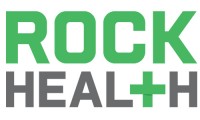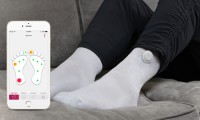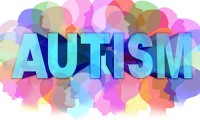-
Record Q1 brings in $1.6B for digital health investments, disease diagnosis segment dominates
- Source: MedCityNews
- 979
- April 3, 2018
-
Nine digital health mergers and acquisitions from the first quarter of 2018
- Source: MobiHealthNews
- 706
- April 2, 2018
-
Siren launches smart sock for diabetes patients, announces $3.4M in funding
- Source: Mobile Health News
- 993
- April 2, 2018
-
FDA to expand digital health pre-cert program by end of 2018
- Source: Beckers Hospital Review
- 918
- April 2, 2018
-
Merck KGaA adopts Medisafe medication adherence tool for patients with chronic conditions
- Source: MedCityNews
- 862
- March 30, 2018
-
Charity launches biometrics wristband project for autistic people
- Source: MedicalPlasticsNews
- 889
- March 29, 2018
-
Conservative estimates of EHR safety incidents belie bigger industry concerns
- Source: FierceHealthcare
- 697
- March 29, 2018
-
Vanderbilt researcher says hospital data breaches are tied to patient deaths
- Source: MedCityNews
- 837
- March 28, 2018
-
UCSD researchers develop wearable, 24-hour GI tract monitor
- Source: MobiHealthNews
- 944
- March 27, 2018
your submission has already been received.
OK
Subscribe
Please enter a valid Email address!
Submit
The most relevant industry news & insight will be sent to you every two weeks.













